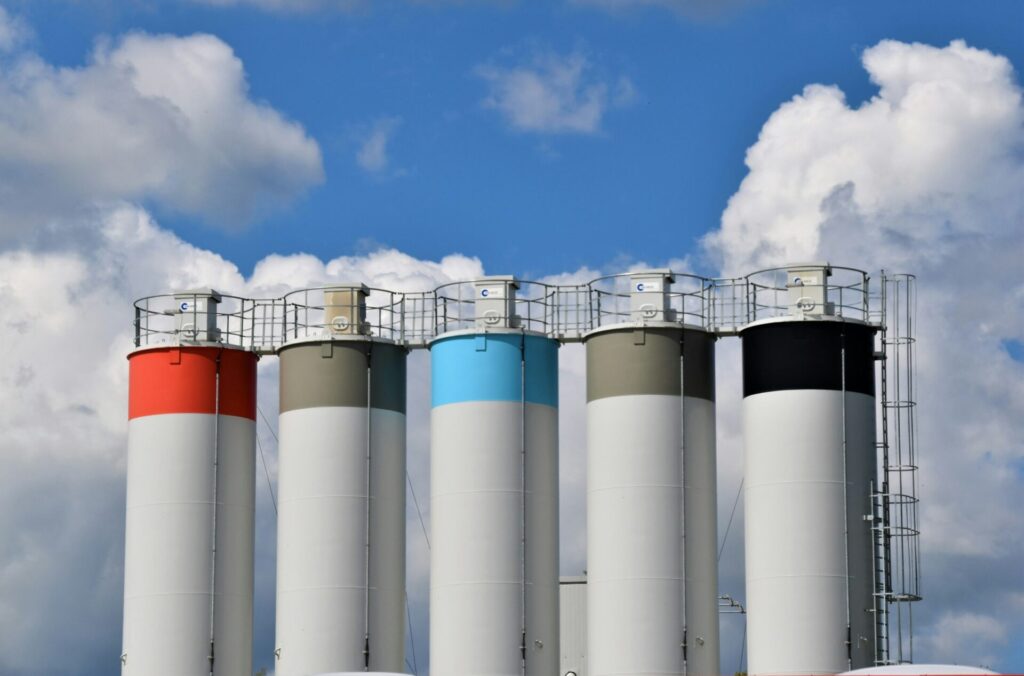Assessing Progress: How Far is the Packaging and Plastics Sector From Achieving Circularity?
Growing recognition of the environmental impact of plastics and packaging materials has prompted the need for a transition towards circularity. Despite obstacles, progress has been made through innovations in material science and recycling technologies, underscoring the importance of collaboration among stakeholders in accelerating the transition towards circular packaging and sustainability.



